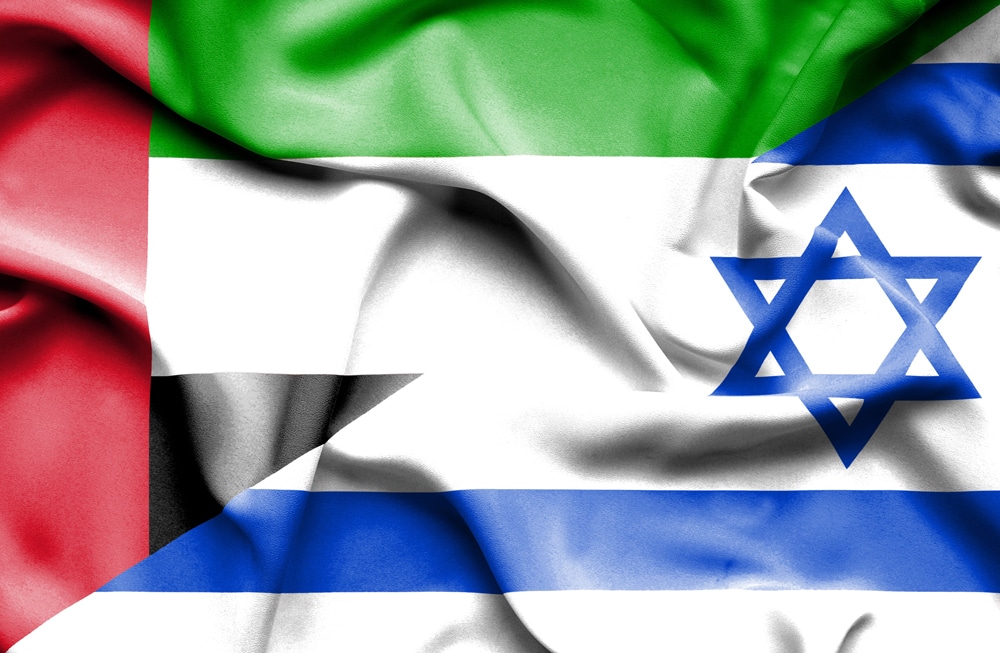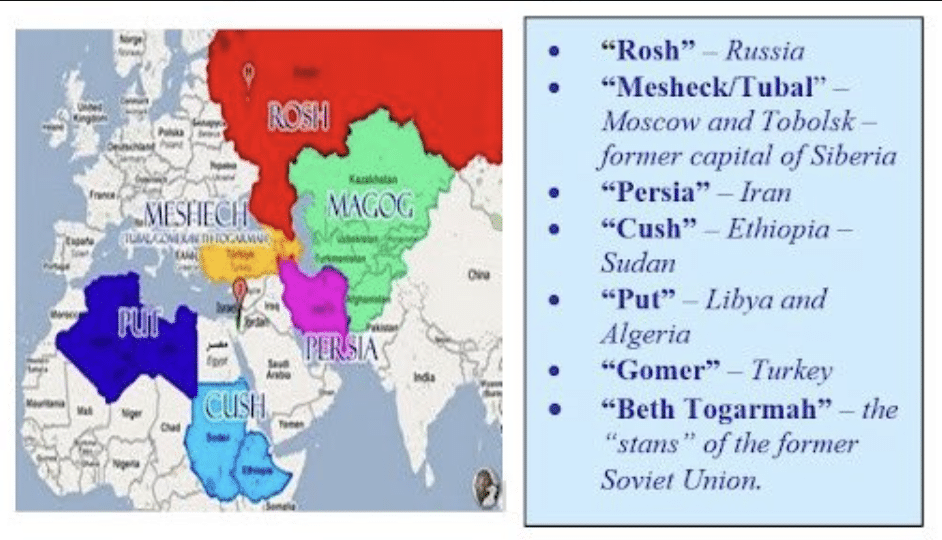By Jonathan Feldstein, Special Correspondent
 The truth is, I saw something coming this week, but not this. I never expected that “it” would be peace with another Arab country. “It” was the subject of speculation on a webinar I hosted this week about what was going on. But I thought “it” was something military, that would involve Israeli F35s and Iranian targets. Perhaps we live in resignation that not having peace with most of our neighbors is the norm, expectations are low, and “it” caught most Israelis by surprise.
The truth is, I saw something coming this week, but not this. I never expected that “it” would be peace with another Arab country. “It” was the subject of speculation on a webinar I hosted this week about what was going on. But I thought “it” was something military, that would involve Israeli F35s and Iranian targets. Perhaps we live in resignation that not having peace with most of our neighbors is the norm, expectations are low, and “it” caught most Israelis by surprise.
Because it’s not every day that peace breaks out, even with the public secret of years of warming ties between Israel and other Arab states, the news this week of Israel and the United Arab Emirates formalizing a peace agreement and normalization of relations is significant on many fronts.
There’s wide speculation that peace with the UAE will be the first domino to fall, with other countries following suit. The last two peace agreements with Arab states were in 1979 (Egypt) and 1994 (Jordan), so someone had to break the ice. It’s possible that in a matter of weeks or months, other relatively moderate Arab countries will join the trend. In recent years, there’s a growing realization that they have more in common with Israel than not.
The fact that Israel and the UAE do not share a border and have never been involved in open hostilities and war is also significant. The peace agreements with former enemies and immediate neighbors, Egypt and Jordan, are more at a practical state level, and most definitely not between the people. Among Israel’s other neighbors, Lebanon and Syria are failing states largely under Iranian influence through their proxies. Iraq participated in previous wars against Israel but is in no place, and probably has no interest, to make peace. And after decades of futile efforts marked with intransigence, incitement, and terror, peace does not seem likely to break out with the Palestinian Authority any time soon either.
The Israel-UAE peace treaty redefines Middle East diplomacy. The Palestinian Authority is up in arms (pun intended). They realize that peace and normalization with Israel is bad for business. It highlights the growing awareness that the Middle East does not revolve around them, and that Israel and the so-called “occupation” are not the obstacles to peace. The question is whether average Palestinian Arabs see the world moving on without them, and that their own leaders don’t have their best interests at stake with a rigid rejection of Israel and victim mentality as their defining national characteristic. The response on the “Palestinian” street will be interesting and important.
This is a big political win for President Trump and for Prime Minister Netanyahu. Some critics cite that it is a staged campaign stunt, looking to blame Trump for anything they can and not give credit where credit is due. One might ask, if that’s the case, should an incumbent president not pursue diplomacy and peace agreements in an election year so as not to be “blamed” for a success during a campaign.
Those who deny Trump credit can surely give credit to President Obama for his unintended assist. Indeed, Obama planted the seeds by emboldening and strengthening Iran, and pushing relatively moderate Arab states to the realization that Israel was not only not an obstacle to peace, but an essential partner to preserve peace and their security. Without Obama bolstering Iran, it’s possible these Arab states would have had no reason to see that, or at least not make overtures toward formal peace.
As a success for Netanyahu, it underscores that he is still (one of) the best to skillfully balance Israel’s international diplomacy and domestic considerations. He’s getting pushback because he’s agreed to “suspend” plans to apply sovereignty to Israeli communities in Judea and Samaria (the West Bank). Some both blame and credit him for using sovereignty as a negotiating tactic, perhaps as a bluff where he raised the ante as an issue, and agreed to “suspend” something that he never really intended to do, at least not now.
Hopefully, as much as Netanyahu deserves credit, this is not an overt political move toward a new Israeli election.
As much as suspending sovereignty is significant because the Trump peace plan sanctioned it, and many believed that it was really imminent, it’s also significant that as part of peace with the UAE, Israel is not giving up any land, agreeing to the suspension of construction, or giving up any “settlements.” That’s especially so the week of the 15th anniversary of the beginning of Israel’s withdrawal and evacuation of Jewish communities from Gaza for which Israel got very little credit internationally, and arguably created a situation there that’s a greater threat to Israel today.
For Iran and Turkey, this is a nightmare. For decades they have made their intentions clear to stretch their web of extremist Islamic hatred and violence across the Middle East. Israel’s alliance with relatively moderate Arab states creates a stronger front against the extremists. Peace with the UAE marks a huge shift, likely bringing Israeli military and intelligence cooperation that much closer to Tehran.
In addition to trade, tourism, embassies and more, another important element is the establishment of direct flights between Israel and the UAE. It’s uncertain how many flights a week, and if this will involve both Emirates and El Al. It’s assumed that they will have permission to fly over Saudi airspace which is momentous itself. As another possible blow to Turkey, direct flights will give Israelis an alternative to Istanbul as a hub for Asian destinations, limiting Turkish Air’s presence at Tel Aviv gates, as Israelis look for new ways to see the world when the pandemic doesn’t prevent that, and not traveling through countries that are openly hostile to Israel.
A decade ago, the Mossad was “credited” with the assassination of a wanted terrorist leader, Mahmoud al-Mabhouh, in Dubai. This drew wide international attention due to allegations and criticism that the Israeli agents entered the UAE using fake or fraudulently obtained western passports. Who would have imagined ten years, or even ten months, ago that Israel and the UAE would be in alliance and making peace?
Jonathan Feldstein was born and educated in the U.S. and immigrated to Israel in 2004. He is married and the father of six. Throughout his life and career, he has been blessed by the calling to fellowship with Christian supporters of Israel and shares experiences of living as an Orthodox Jew in Israel. He writes regular columns from Israel and can be reached at [email protected].







Leave A Comment